What does Sony’s sale of VAIO mean for Microsoft, Windows, and the PC?
5 min. read
Published on
Read our disclosure page to find out how can you help Windows Report sustain the editorial team. Read more
A big company announcing details of its finances for the quarter often makes for interesting reading, but Sony played something of a trump card this week. The company spoke of the “drastic changes in the global PC industry” meaning that it no longer felt it was viable to stay in the business. Rather than staying in the game and fighting its corner, Sony made the surprise move of selling its VAIO brand so it can concentrate on smartphones, tablets and TVs.
VAIO – a name that Sony would have liked customers to associate with quality and luxury, almost as a Maserati of PCs. But as poor sales demonstrated, it is a name that was more readily associated with expense, and apparently the quality was not sufficiently high enough to justify the price for large numbers of people. But what does this all mean for the PC industry in general, and Microsoft in particular?
It is true that the VAIO name is not going to completely disappear, but for the time being it is going to be limited to Japan. Of course there is scope for it to expand globally again in future, but whether or not this will actually happen is anyone’s guess. On the face of it, things aren’t looking great for the future of the PC.
On the face of it, things aren’t looking great for the future of the PC
The newly appointed Satya Nadella may be wondering if he’s to blame. One day in the top spot at Microsoft and one of the most well-known names in the industry withdraws! But of course, this is not something that has come completely out of the blue. The death of the PC is something that has been predicted for many years now. We’re not quite there, but it is fair to say that we are moving towards a post-PC world. This is a world that reflects the business move just announced by Sony — mobile devices are very much where the innovation and excitement is to be found.
PC and laptop sales have been in steady decline for some time now. Some industry analysts have suggested that the blame for this could be placed at least partially at the door of Windows 8. It is certainly true that the world was not enthralled by the release of this version of the operating system, but the issues experience by naysayers are being addressed. There is interest in Windows 8.1 Update 1 — massive interest. Whether this will be enough to rejuvenate a flagging PC market is not clear, but most of Microsoft’s income stems from the business division anyway — dwindle PC sales don’t really have that much impact. Sure, it’s not great news to see such a big name disappearing, but it is not the end of the world.
Companies such as Lenovo and Nokia have demonstrated that there is huge interest in mobile computing. Sony’s shift to focusing on this area of the industry could create the lead that others can follow. Microsoft is already well-positioned to make great strides in this field, but the company is also able to hedge its bets and keep a foot in the desktop market in case the transition is slow.
Microsoft has already shown that it is capable of producing some impressive hardware of its own
Microsoft’s move to the cloud with Windows Azure, Outlook.com, Office 365 and the like could be seen as partly indicative of its own belief in the future of mobile. Joining forces with Nokia means that tablets and smartphones are also well-catered for, but Sony’s switch to concentrating on smartphones and tablets almost certainly means focusing on its Xperia range rather than looking to Windows Phone or Windows RT.
In a sense, Microsoft is losing Sony to Google as the devices that Sony will be producing are Android-based. HP has already shown its interest in mobile devices with it investment in Chromebooks — again, Google. Does this matter? Windows Phone may be losing out to Android, but there is little sign of Windows losing its dominance of desktops and laptops. Chromebook has caused some interest, but it is far from being a major threat.
Of course, Microsoft still has a very healthy home and business user base. There are millions of people ready to lap up the software pumped out by the company — it’s just a shame that the number of manufacturers working on the hardware side of things is diminishing.
Microsoft has already shown that it is capable of producing some impressive hardware of its own — Xbox One and Surface are testament to this. The investment in Surface and Surface Pro, coupled with the move to the cloud, shows that Microsoft is pinning more on mobile devices than desktop computers. The PC may not be dead, but it is certainly changing.
With other manufacturers jumping ship, Microsoft could ultimately be left on its own producing both hardware and software for Windows devices. Now that would be an interesting state of affairs.
But what do you think? Does the sale of VAIO impact the PC industry? What’s does the future of the PC hold?

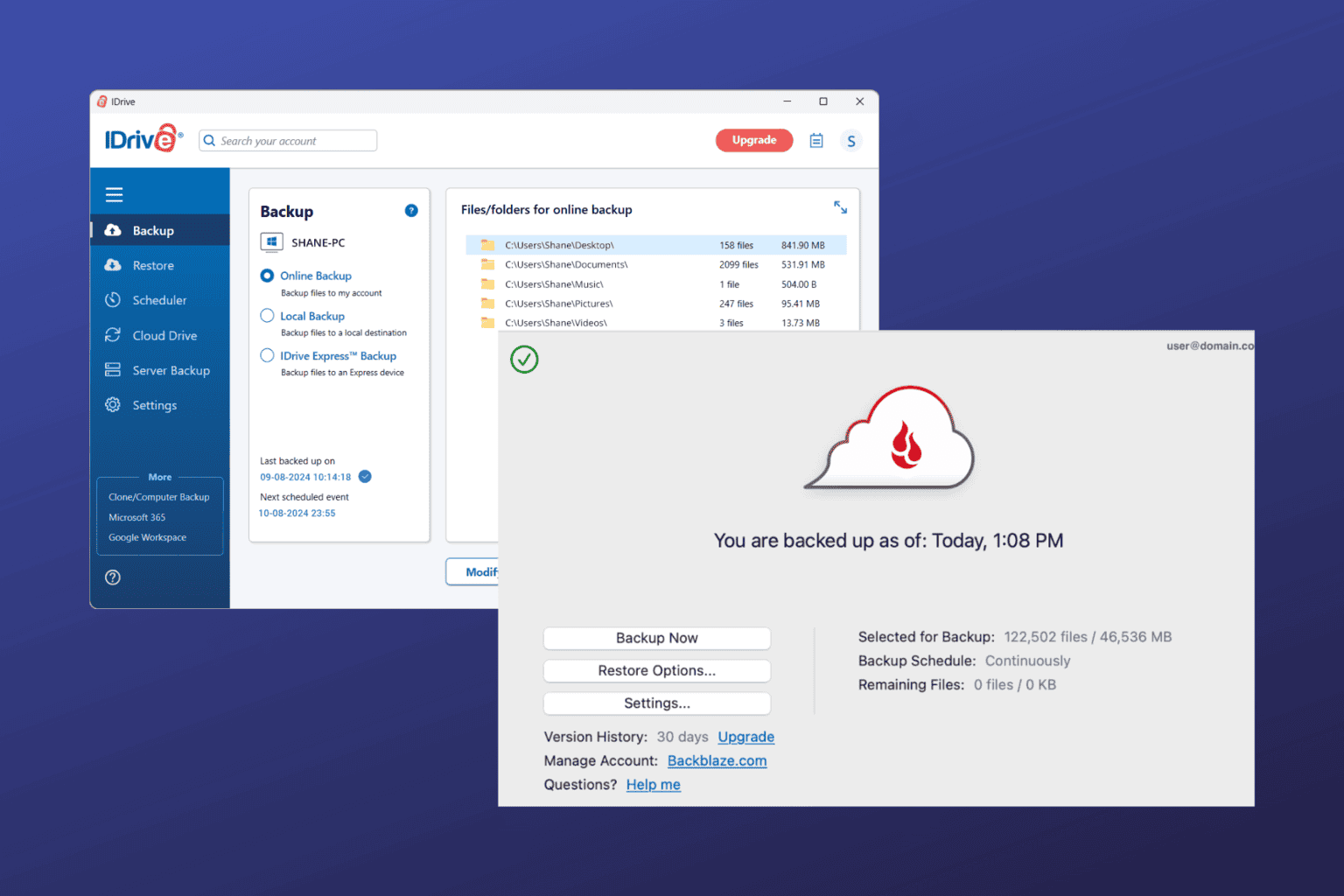
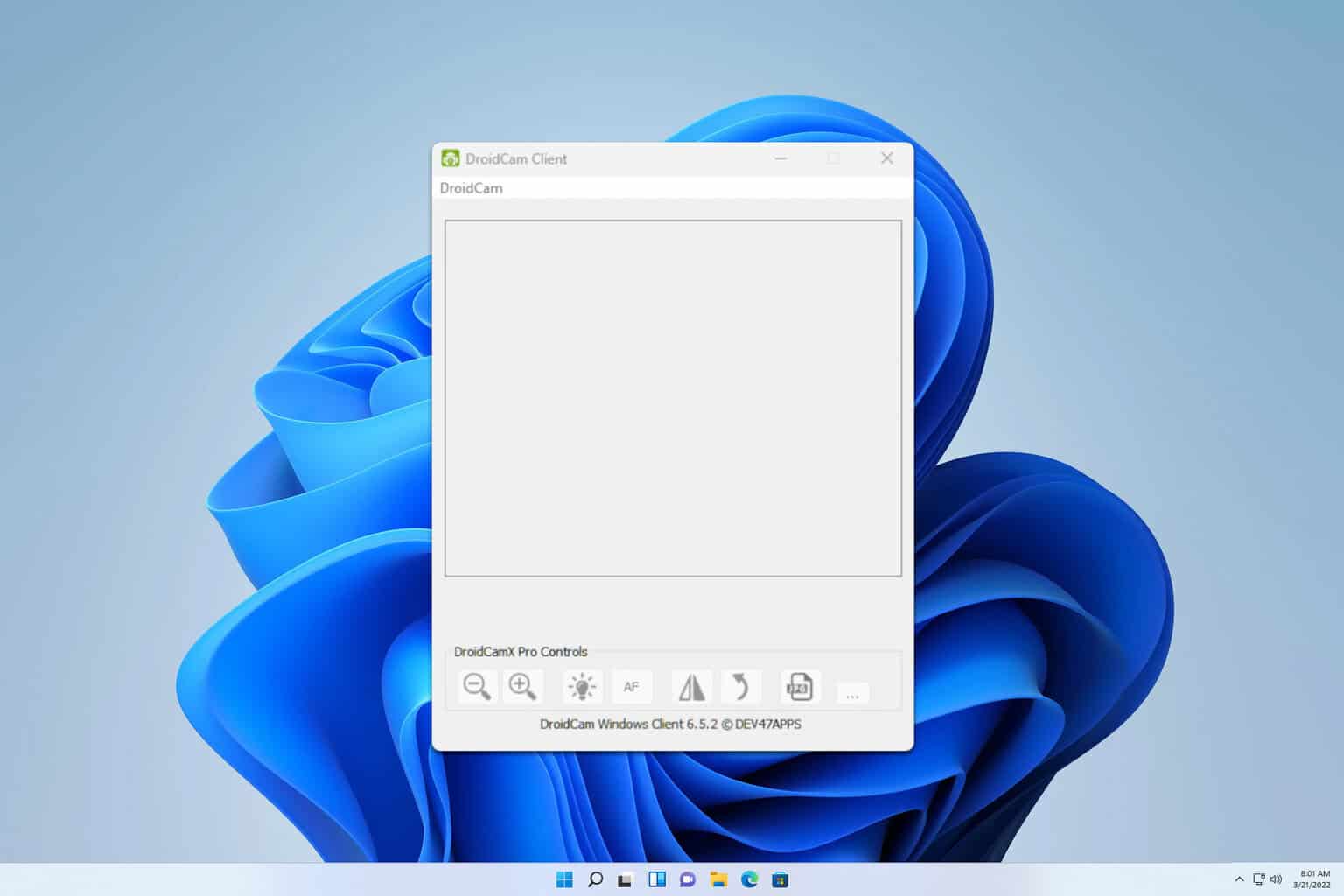
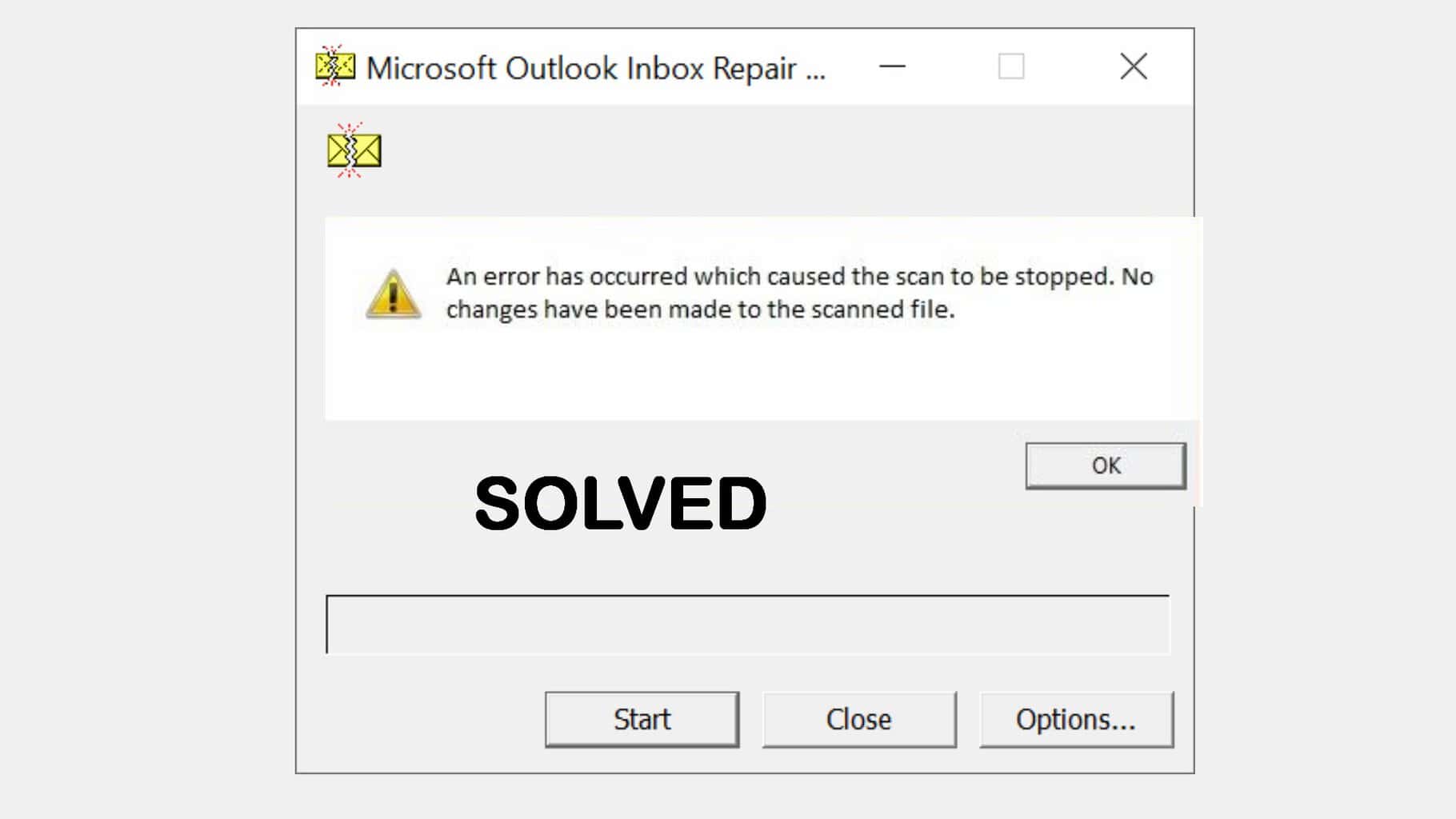
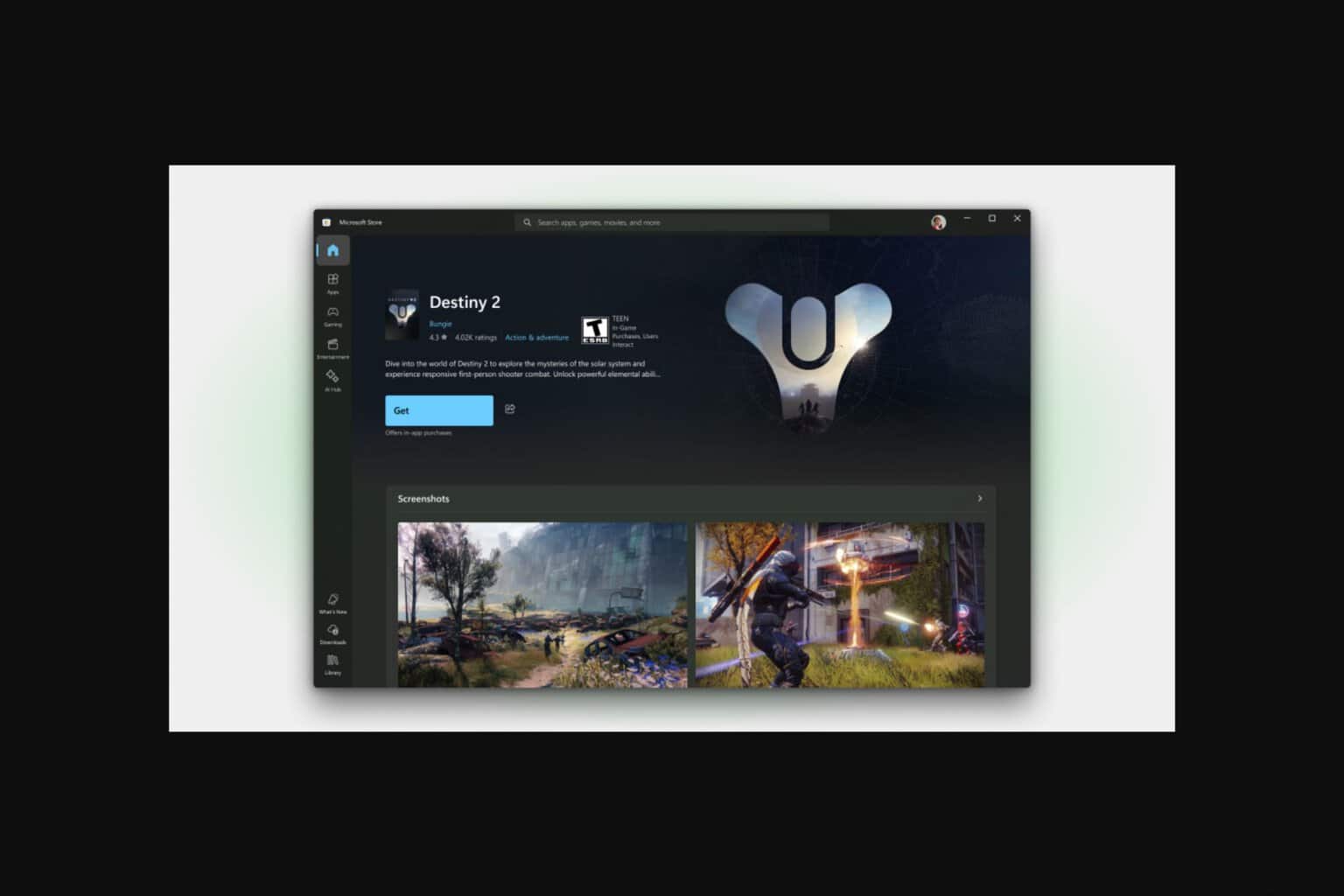

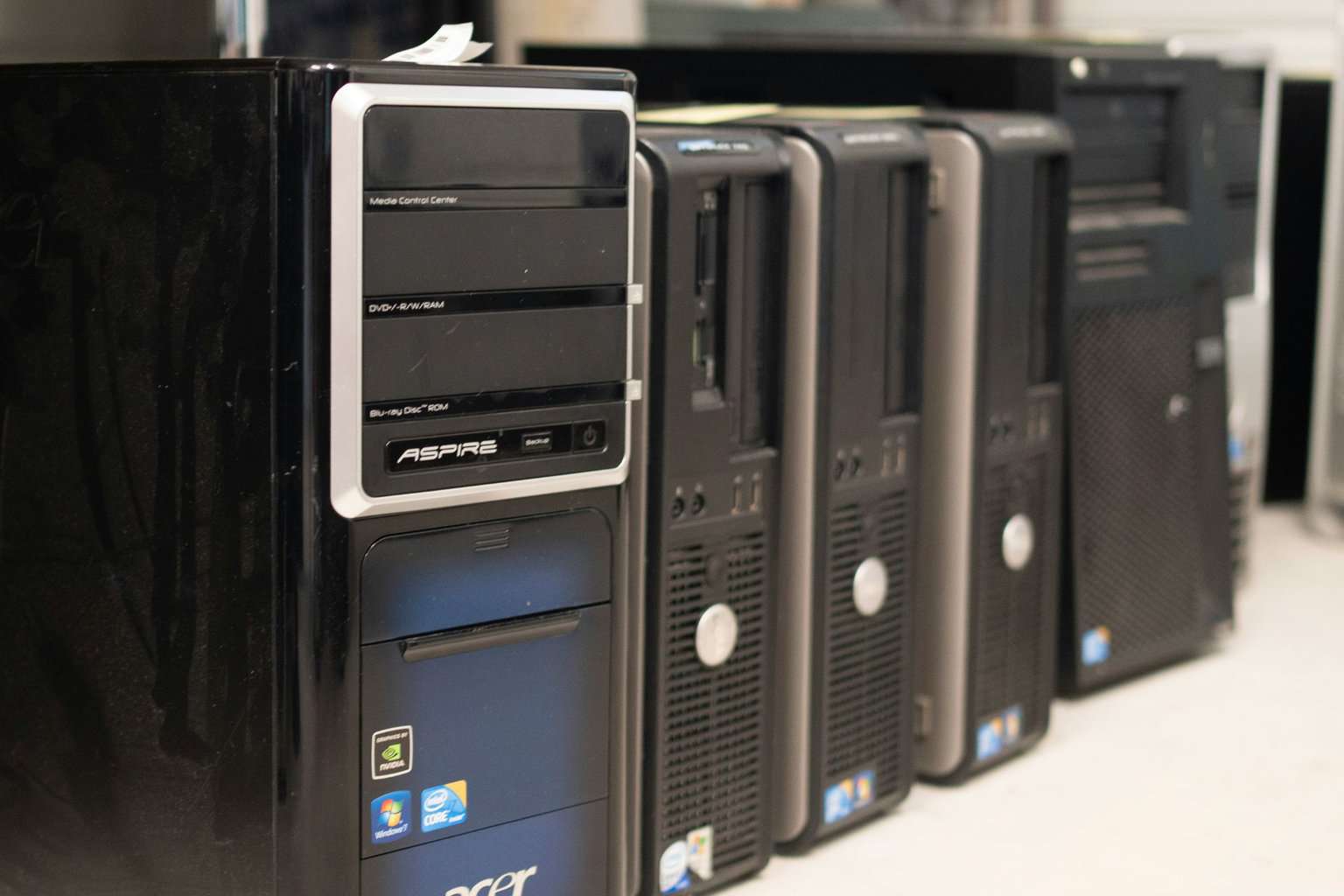
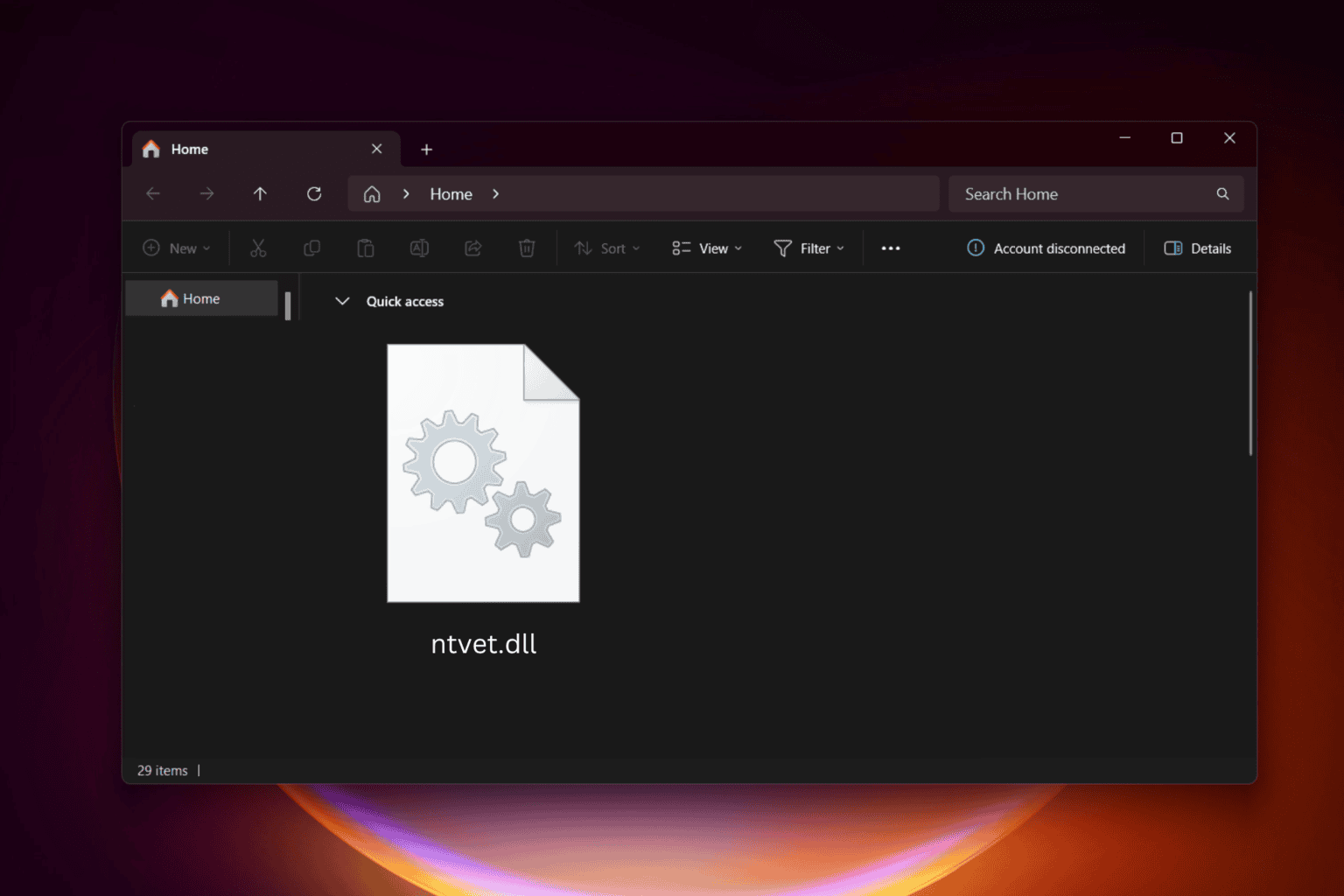
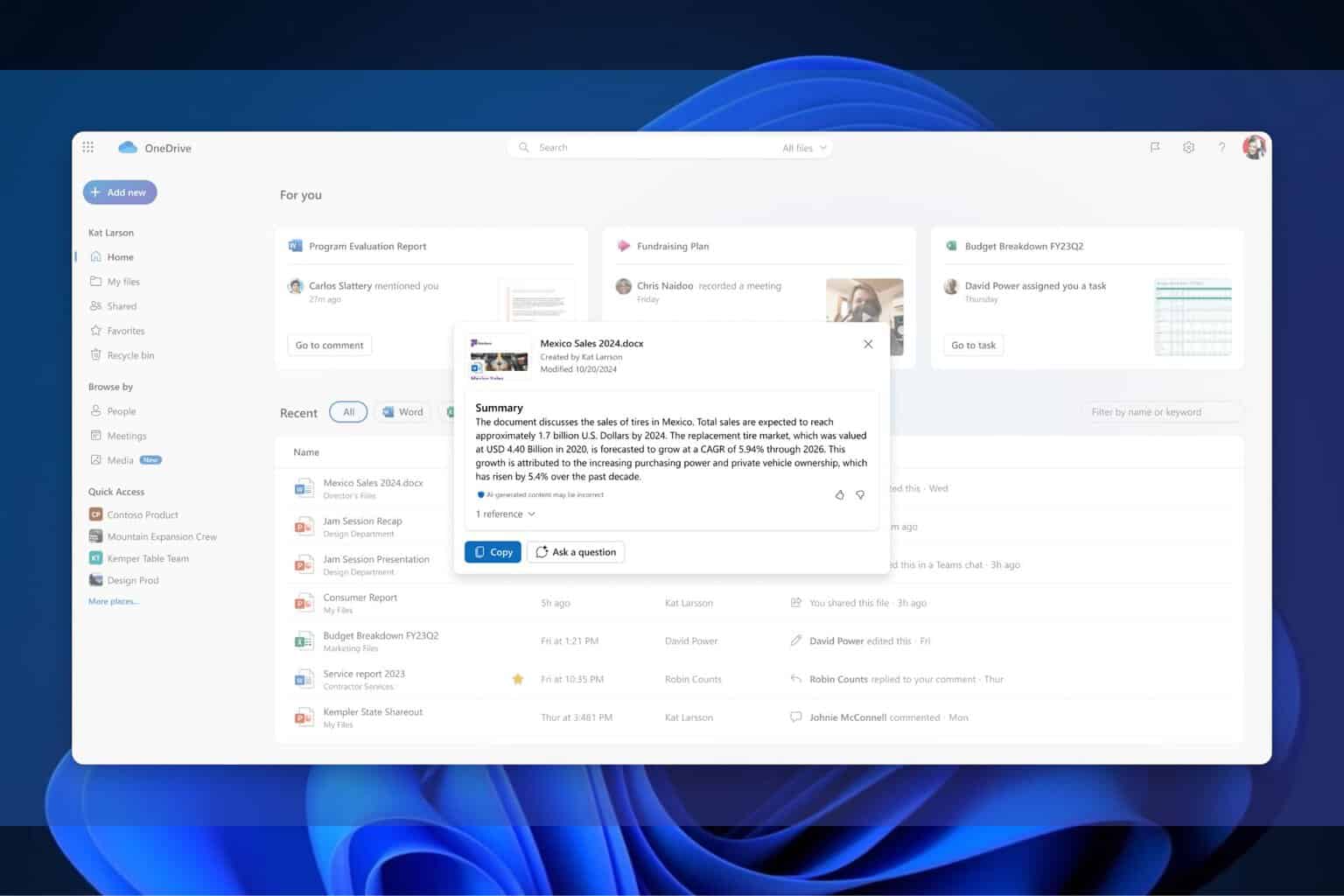
User forum
0 messages